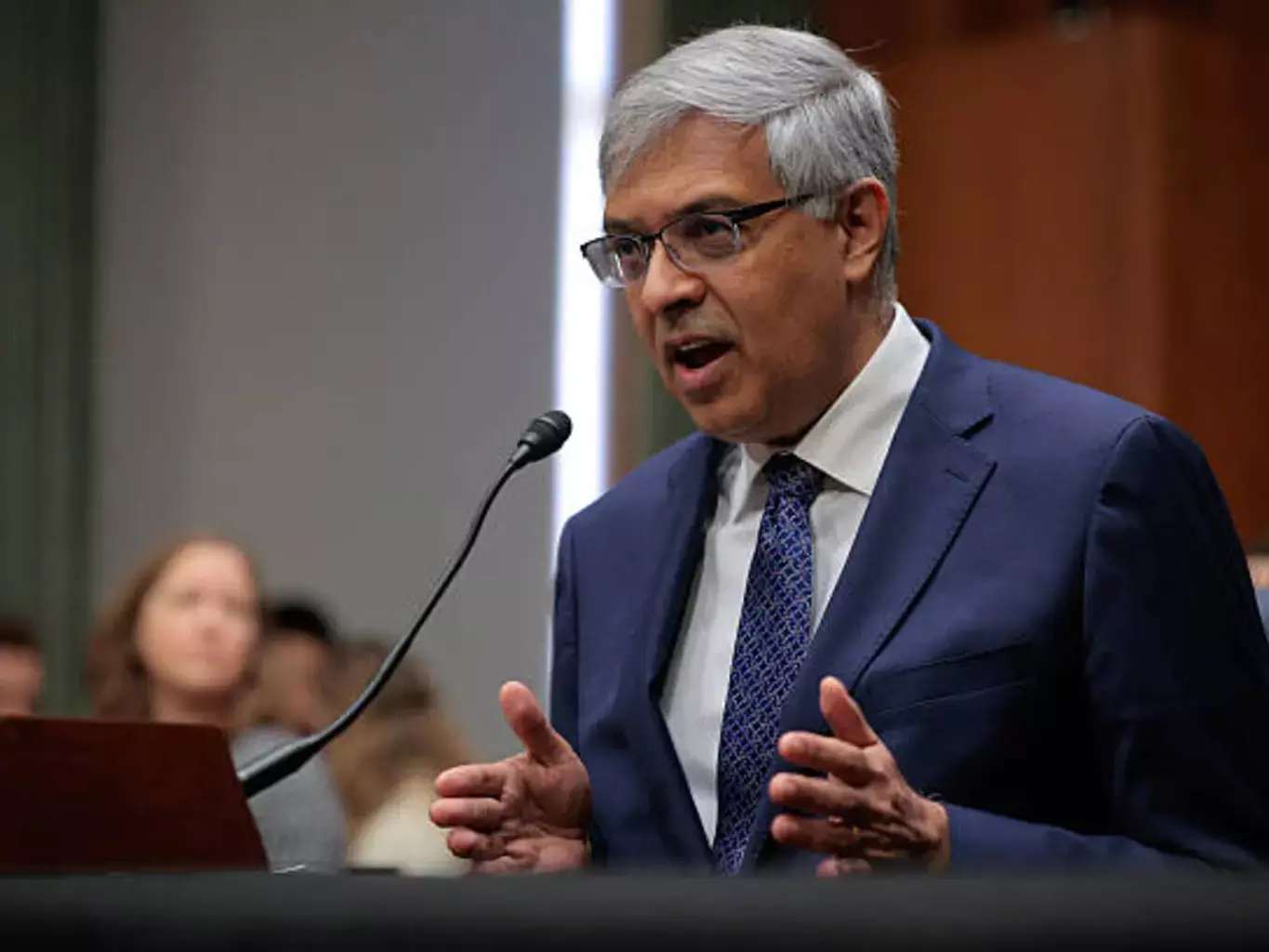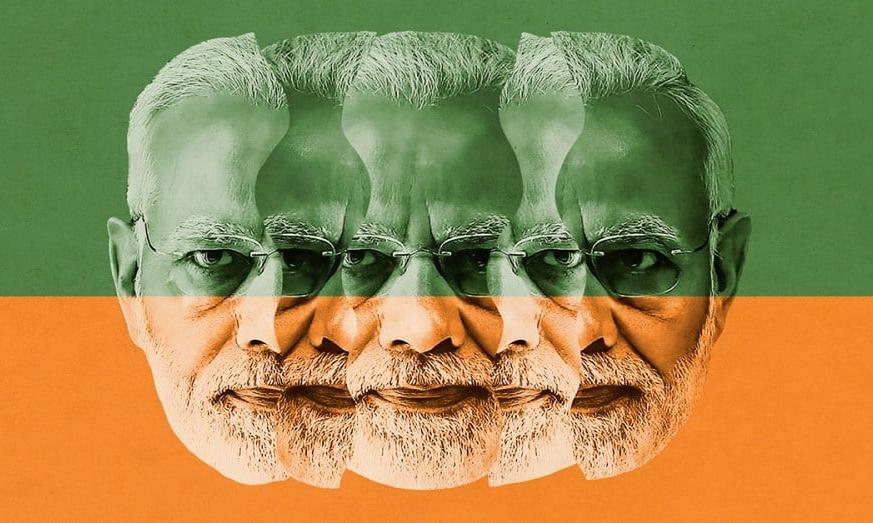
AI images depicting PM Modi as a Hindu hero, divine incarnations challenge EC rules
text_fieldsBJP is said to be at the forefront of fighting the upcoming Lok Sabha election with technology at its core to reach the masses and imprint a divine figure for Narendra Modi in the consciousness of the masses, with Artificial Intelligence being one of the mechanisms at work in reshaping his public image into that of a mythical figure from Hindu epics.
Such an AI-created image of PM Modi depicting Modi as Bhishma Pitamah, a revered character from the ancient Indian epic Mahabharata created by the right-wing page Hokage Modi Sama, garnered significant attention, amassing over 35,000 impressions during its brief stint as a political advertisement.
According to Al Jazeera, with flowing grey hair, a sun-shaped mark on his forehead, and clad in armour, Modi was portrayed as a reincarnation of the legendary warrior, symbolizing his role as a defender against perceived foreign threats.
However, a plethora of similarly themed images of PM Modi, depicting him as a Hindu superhero and the saviour of the Hindu religion, has drawn the ire of critics. These critics range from opposition political parties to leaders of civil society, alleging a violation of the model code of conduct of the Election Commission, which mandates that any form of publicity deemed religious in nature is prohibited.
Concerns were also raised about why this gross violation went unchecked by the Election Commission, questioning its impartial actions.
A deeper dive into Meta Ad Library data revealed the extent of Hokage Modi Sama's influence, with nearly 50 AI-generated images of Modi promoted on Instagram between February and March, the Al Jazeera report said.
These images consistently portrayed Modi as a Hindu leader, tapping into the contentious ideology of a Hindu-majoritarian rule in India, known as Hindu Rashtra. The overarching theme across these images was to valorize Modi, presenting him as a sage-like warrior worthy of unwavering loyalty.
However, the use of AI-generated imagery in political advertising raised concerns about transparency and manipulation. Despite Meta's announcement requiring disclosure of AI use in political advertisements, Hokage Modi Sama's posts relied on hashtags like #aiartwork for disclosure, which Meta deemed insufficient.
The lack of clear disclosure prompted questions about the integrity of digitally altered content and its potential to influence public perception.
Amidst the growing scrutiny, experts highlighted the nuanced impact of AI-generated content on political narratives. While deepfakes and manipulated images pose immediate concerns about deception, generative AI serves a subtler purpose, shaping strategic narratives to bolster political agendas. By tapping into cultural references and mythologizing political leaders, AI-generated content becomes not just deceptive but entertaining and shareable, amplifying its reach and influence.
One of the most popular AI images, dubbed "Our Saffron Superhero," depicted Modi as a guardian of Hindu values, garnering millions of likes and reinforcing his image as a symbol of Hindu renaissance. Such imagery, experts noted, represents a strategic effort by the ruling BJP to cultivate a cult-like following around Modi, positioning him as a wise and sagacious leader deeply rooted in Hindu heritage.
The Hokage Modi Sama page, while lacking explicit affiliation with the BJP, has a history of promoting pro-Hindutva and pro-BJP content, further blurring the lines between political propaganda and grassroots activism, the Al Jazeera report claimed.
The use of AI-generated imagery in political campaigns is not unique to India. Globally, political actors have employed similar tactics to manipulate public perception and bolster their electoral prospects.
From fake images of US presidential candidates engaging in strategic outreach to AI-generated rebranding of political figures in Indonesia, the phenomenon transcends borders, raising questions about the ethical implications of AI in politics.
However, disparities in platform moderation highlight the challenges of enforcing consistent policies across different regions. While platforms in the West have taken steps to mitigate the abuse of AI-generated imagery, particularly ahead of high-stakes elections, similar measures are lacking in countries like India. This discrepancy underscores broader issues of equity and representation in tech governance, where policies often prioritize Western perspectives at the expense of the Global South.
As India braces for its upcoming elections, the proliferation of AI-generated imagery serves as a stark reminder of the evolving nature of political communication in the digital age. While the use of AI may offer new avenues for creativity and engagement, it also raises fundamental questions about transparency, accountability, and the integrity of democratic processes in the face of technological advancement.






















